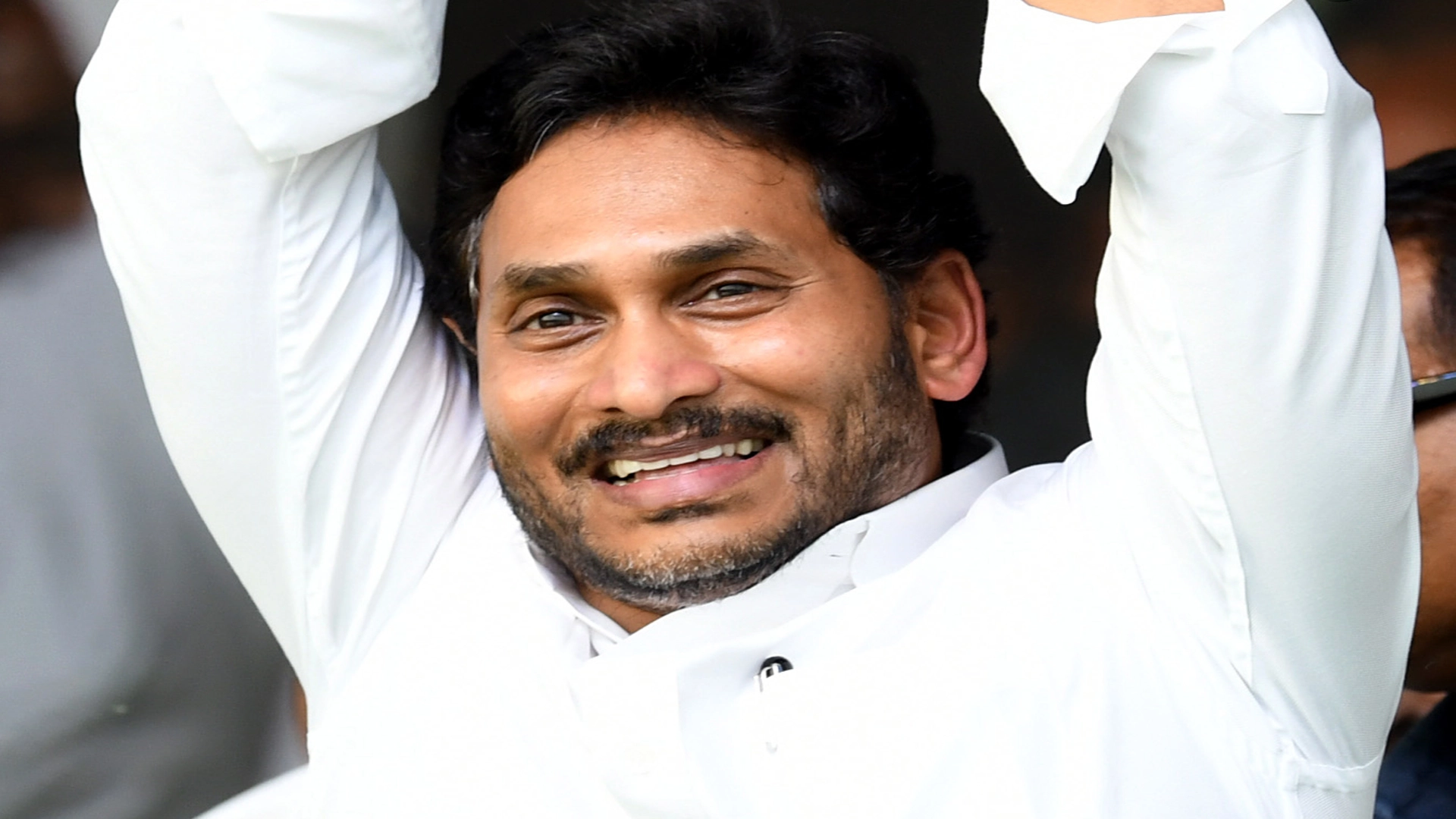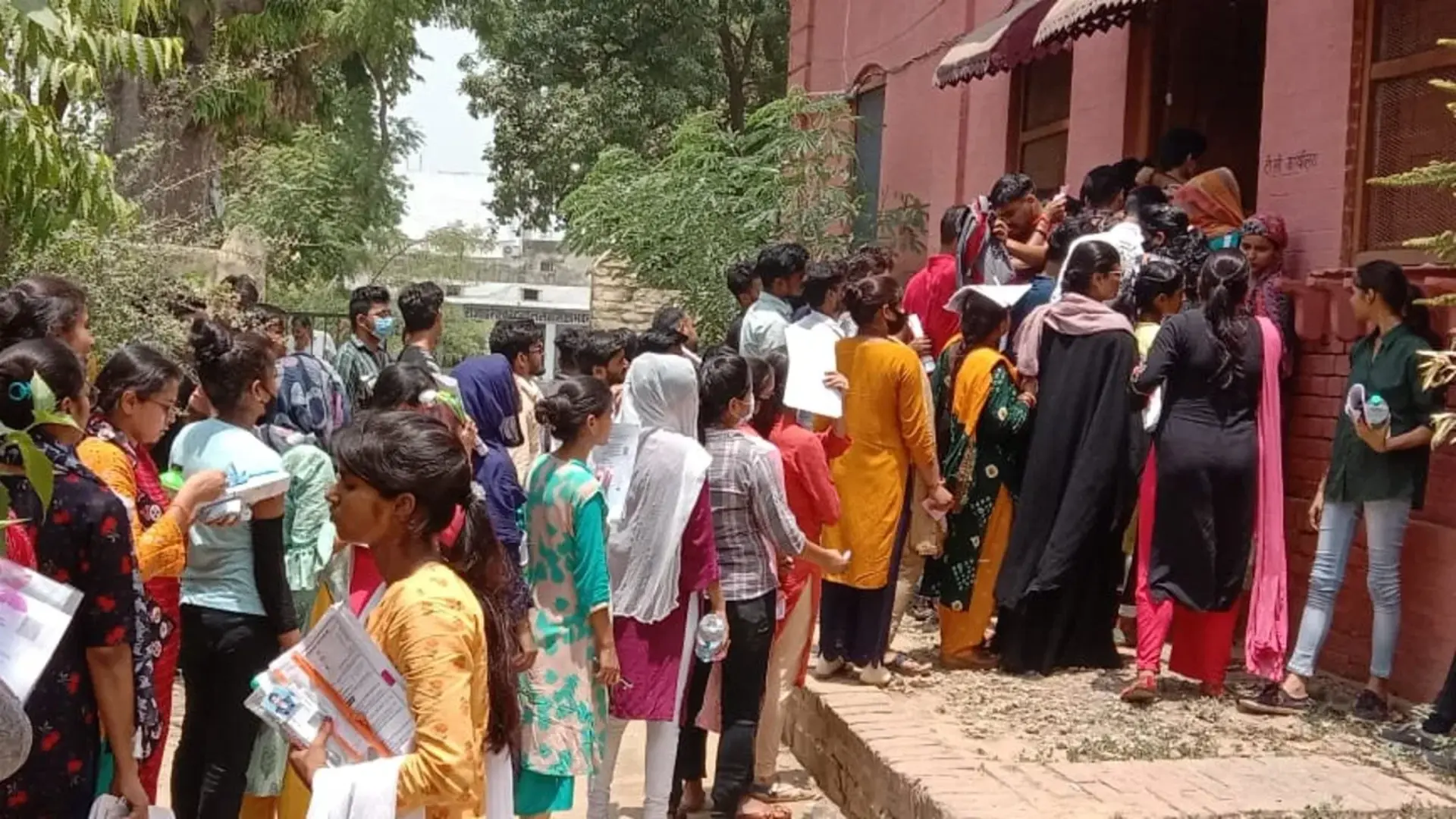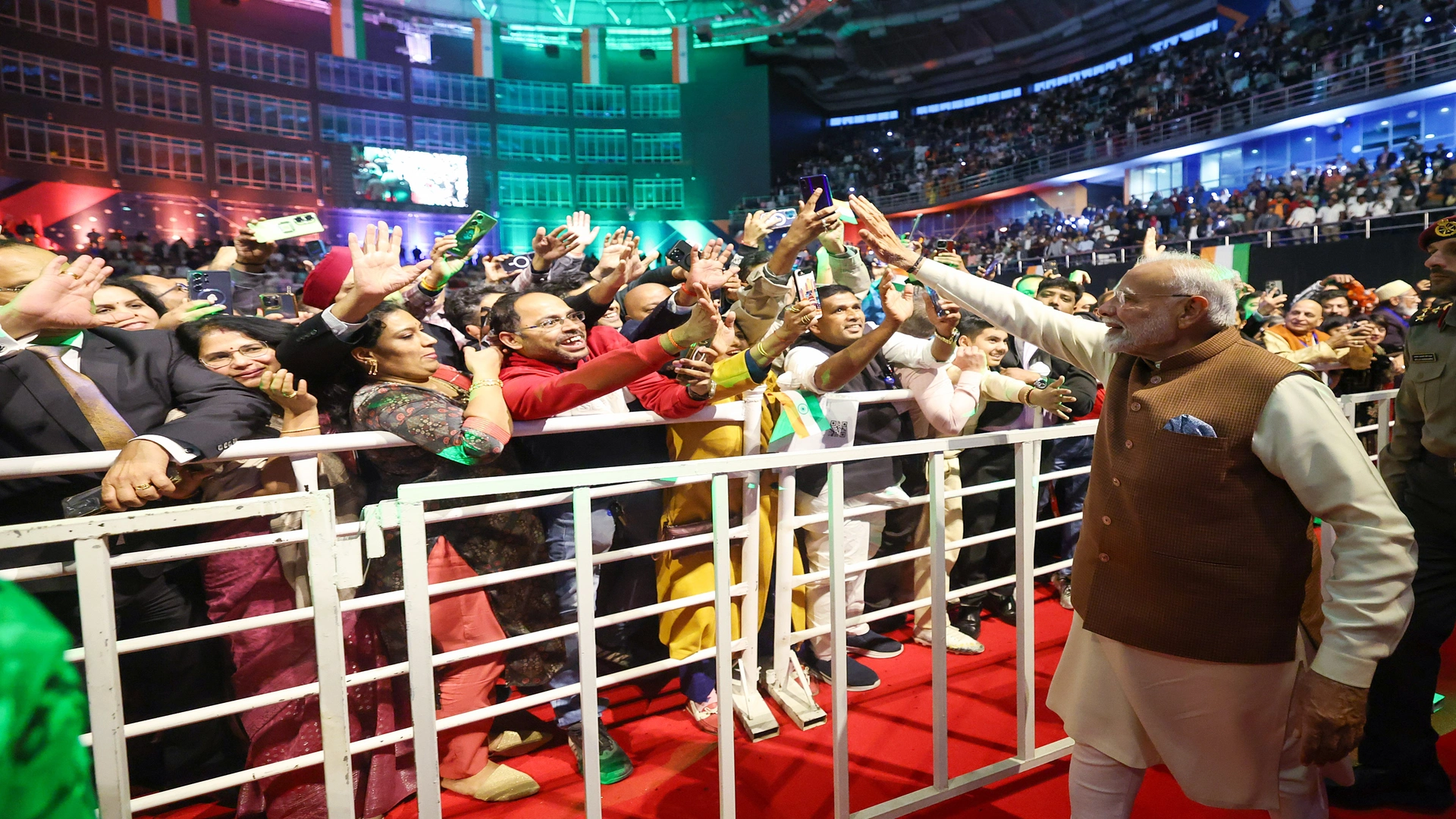Former Andhra Pradesh Chief Minister YS Jagan Mohan Reddy’s planned visit to the Tirumala Lord Venkateshwara Temple on September 27, 2024, has been abruptly cancelled, sparking significant political debate. His visit, heavily publicized as part of a broader campaign by the YSR Congress Party (YSRCP) to atone for perceived missteps by current Chief Minister N Chandrababu Naidu, was called off just hours before his scheduled departure. While the exact reasons for the cancellation remain undisclosed, it follows mounting pressure from the National Democratic Alliance (NDA) allies and opposition forces demanding Reddy to declare his faith before entering the temple.
The backdrop to this controversy is the ongoing political row surrounding the Tirupati laddus, a revered prasadam offered at the temple. The controversy was ignited when Naidu accused the previous YSRCP government of using substandard ghee, even alleging the presence of animal fat in the preparation of the laddus during Reddy’s tenure as Chief Minister. The YSRCP, under Reddy’s leadership, countered these allegations, framing Naidu’s claims as a political diversion aimed at covering up his administration’s failures during his first 100 days in power.
This demand for a faith declaration stems from long-standing temple rules, which require non-Hindus to declare their respect and reverence for the deity before entering. Jagan Mohan Reddy, who comes from a Christian background, responded forcefully to these demands, stating that his faith is well-known and that he has visited the Tirumala temple several times even before becoming Chief Minister. He emphasized his respect for all religions—Hinduism, Islam, and Sikhism—while clarifying that he practices Christianity in private. At a press conference, Reddy also accused Naidu of using the faith declaration as a political tool to deflect attention from his governance failures.
Adding to the political tension, thousands of police officers were reportedly deployed in Tirupati to manage the potential fallout from Reddy’s visit. This heavy security presence and the escalating political rhetoric underscored the high stakes of this conflict, with both sides using the temple issue to galvanize their supporters ahead of the next elections.
Reddy’s decision to cancel the trip came amidst growing concerns over potential unrest, with some groups threatening to disrupt the visit unless he signed a faith declaration. This demand for public adherence to temple rules is not new but has gained prominence given the current political climate. Reddy, however, maintained that his religion should not be questioned and that the timing of these demands was part of a larger agenda by Naidu’s administration to undermine his party’s credibility.
The political implications of this episode go beyond mere religious observance. The Tirupati laddus, a symbol of devotion for millions of devotees, have become a focal point in a broader battle for political supremacy between the YSRCP and the ruling Telugu Desam Party (TDP). As tensions rise in Andhra Pradesh, the Laddu controversy and demands for religious declarations are likely to continue playing a significant role in shaping the political discourse in the state.
This event highlights the intertwining of religion and politics in Andhra Pradesh, where temple visits by political leaders are often seen as a reflection of their public image and respect for tradition. For Reddy, navigating this sensitive terrain requires balancing his personal beliefs with the expectations of a largely Hindu electorate, while simultaneously countering the aggressive political maneuvering of Naidu’s TDP.
In conclusion, YS Jagan Mohan Reddy’s cancelled Tirumala visit underscores the deepening political rift in Andhra Pradesh, where religious symbolism and allegations of corruption are being used as tools for electoral advantage. As the state heads into a crucial period, both the YSRCP and the TDP are likely to continue using these issues to influence public opinion and shape the political landscape.







